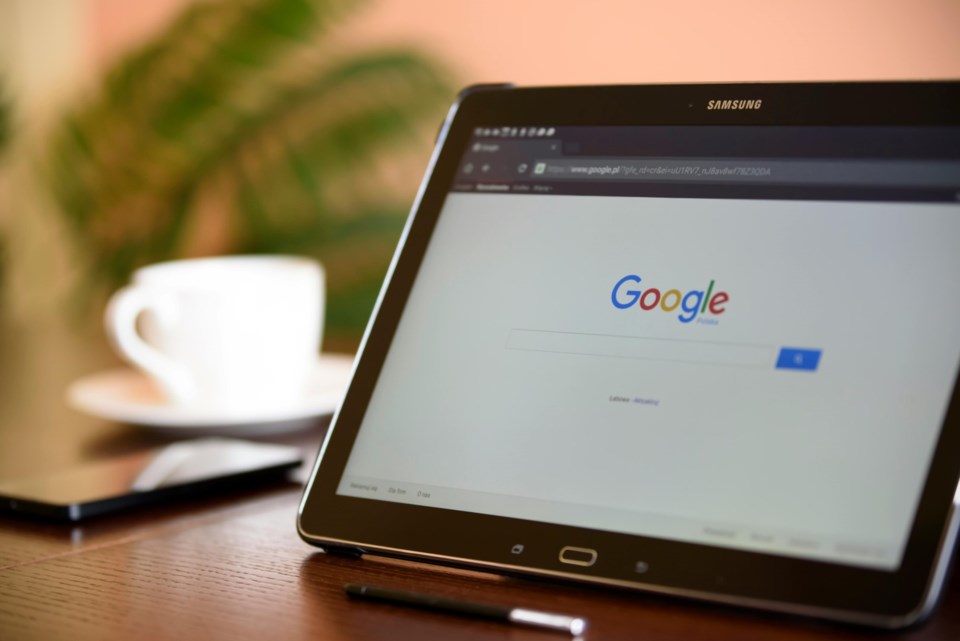The News/Media Alliance’s blistering statement that Google “just takes content by force” and that its new AI Mode is “the definition of theft” lit up every tech feed yesterday. The publishers are right to be angry; Google’s latest search UI hides the familiar blue-link list behind a tab and surfaces a Gemini-generated answer built from their stories without compensation.
The Alliance has asked the Justice Department to fold this issue into the remedies phase of the government’s search-monopoly case. If the DOJ agrees, Google could face structural changes or compulsory licensing. That matters because search advertising still funds the internet. Marketers spent about $252 billion on search ads worldwide in 2022, according to Statista. Alphabet reported about $198 billion in "Search & Other ad revenue" in 2024.
The lawsuit is a rear-guard action. Anyone who watched the full Google I/O keynote saw a bigger story: Google is migrating from search engine to answer engine. Senior vice-president Liz Reid framed AI Mode as the logical next step toward “going from information to intelligence.” In the near term that imperils publishers’ referral traffic; in the medium term it threatens Google’s own business model. When an LLM answers the question inside the interface, there is nothing left to search, and nothing obvious to charge someone for (other than completing a transaction).
Seeing the Network for the Bots
Look one step further. We are heading into an agentic web, where software agents act on our behalf, negotiate with one another, and complete transactions autonomously. In that world, there is no results page to optimize for. The top of the funnel becomes an API call between bots. The $252 billion now spent persuading humans to click links moves to persuading agents to execute intents. No one (Google included) knows what the pricing surface will look like.
Litigation cycles run on calendar time; AI product cycles run on exponential time. By the time courts decide whether AI Mode is fair use, the market may have rendered the question moot. The ten-blue-links paradigm is already broken; what breaks next is consumer behavior itself.
Executives responsible for growth should prepare for an environment where visibility means “addressable to agents,” not “ranked first.” Three near-term moves:
- Schema everywhere. Ensure product data, prices, availability, and service terms are machine-readable so agents can ingest them without scraping.
- Agent-first testing. Start experimenting with agent-to-agent commerce pilots inside walled-garden ecosystems (Google Shopping, Amazon, Apple) to see how pricing and attribution shift.
- Marketing science refresh. Rebuild measurement frameworks around fulfilled intents rather than sessions, impressions, or clicks.
The Alliance’s complaint is likely meritorious, but it argues yesterday’s economics. The strategic question is not whether publishers should be paid for training data; it is how every business will earn attention when the attention is paid by bots.
As always your thoughts and comments are both welcome and encouraged.
Shelly Palmer is the Professor of Advanced Media in Residence at Syracuse University’s S.I. Newhouse School of Public Communications and CEO of The Palmer Group, a consulting practice that helps Fortune 500 companies with technology, media and marketing. Named he covers tech and business for , is a regular commentator on CNN and writes a popular . He's a , and the creator of the popular, free online course, . Follow or visit .




